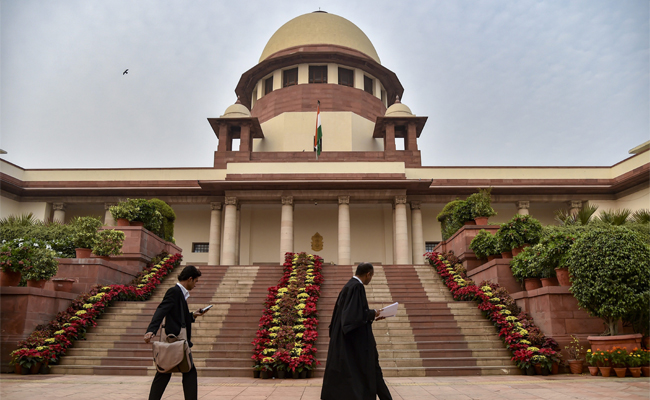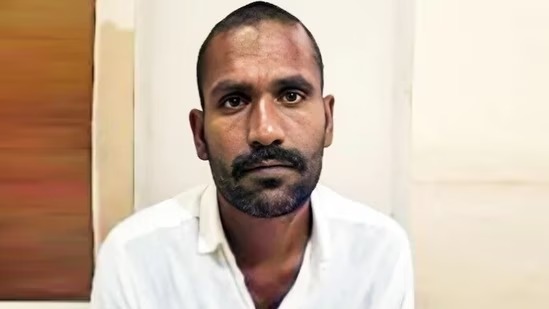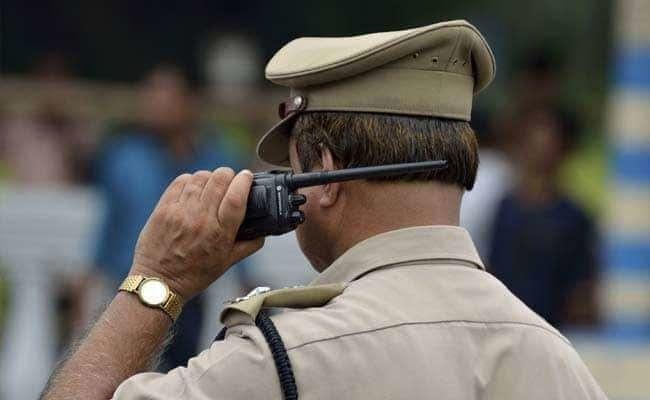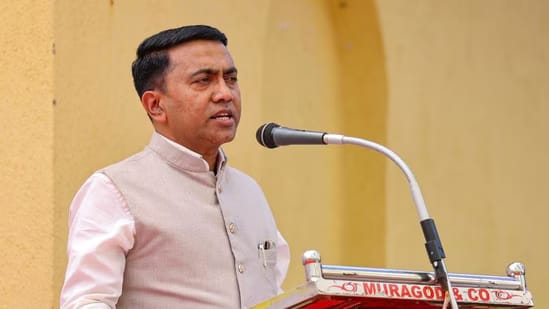New Delhi (PTI): The Supreme Court on Friday said it would consider advancing date of hearing on a plea of the West Bengal government against a Calcutta High Court verdict striking down the OBC status of several castes, mostly Muslim groups, for granting reservation to them in public sector jobs and state-run educational institutions.
The top court is scheduled to hear the appeal on September 30 and the litigants, including the Trinamool Congress-led state government, have sought advancing of the date of hearing.
A bench comprising Chief Justice D Y Chandrachud and Justices JB Pardiwala and Manoj Misra was urged by senior advocate N K Kaul that 77 communities have been "de-reserved" and due to the impugned judgement, the admission process in relation to them are getting affected.
"I will pass an order (on advancing the date of hearing) in the afternoon. Please circulate an e-mail," the CJI told Kaul.
The top court had earlier on August 5 asked the state government to provide quantifiable data on social and economic backwardness of fresh castes it has included in the Other Backward Classes (OBC) list and on their inadequate representation in the public sector jobs.
While issuing notices to private litigants on the plea of the state government against the high court verdict, the bench had asked the authorities to file an affidavit giving details of the consultations, if any, conducted by it and the state's backward classes panel before including the castes, mostly Muslim groups, in the OBC list.
The high court had on May 22 struck down the OBC status of several castes in West Bengal granted since 2010, holding as illegal the reservation for them in the public sector jobs and state-run educational institutions.
"Issue notice, including on the application of stay (of the judgement filed by the state government). The state of West Bengal shall file an affidavit before this court explaining the process followed for classification of 77 communities as OBCs : (1) the nature of survey; (2) whether there was a lack of consultation with the Commission (state backward panel) in respect of any communities in the list of 77 communities designated as OBCs," the bench had said.
The bench had also asked whether any consultation was done by the state before the sub-classification of the OBCs.
"The state shall clarify the nature of study relied upon by it (for inclusion of castes in OBC list)," the CJI had said, adding it would give an opportunity to the state government to respond to the findings of the high court.
The top court notices were issued to Amal Chandra Das, Nilmadhab Karmakar, Aatmadeep, Purabi Saha and others. They had moved the high court against the inclusion of these castes in the OBC list.
While striking down the OBC status of several classes granted since 2010, the high court had said, "Religion indeed appears to have been the sole criterion" for declaring these communities as OBCs. The high court had said that it is of the view that the "selection of 77 classes of Muslims as backwards is an affront to the Muslim community as a whole".
Maintaining that this court's mind is not free from doubt that "the said community (Muslims) has been treated as a commodity for political ends", the bench had said, "This is clear from the chain of events that led to the classification of the 77 classes as OBCs and their inclusion to be treated as a vote bank."
Passing the judgement on petitions challenging the provisions of the state's reservation Act of 2012 and reservations granted in 2010, the high court had clarified that the services of citizens of the struck-down classes, who are already in service or have availed the benefit of reservation or have succeeded in any selection process of the state, will not be affected by the order.
In all, the high court struck down 77 classes of reservation given between April 2010 and September 2010. It also struck down 37 classes for reservation as OBC given under the West Bengal Backward Classes (Other than Scheduled Castes and Scheduled Tribes) (Reservation of Vacancies in Services and Posts) Act, 2012.
While the court had scrapped the 77 classes over "illegality" of reports recommending such classification, other 37 classes were removed from the OBC list for non-consultation by the West Bengal Backward Classes Commission.
The bench had also struck down an executive order of May 11, 2012 creating several sub-classes.
The high court ruled that the directions will take effect prospectively.
Let the Truth be known. If you read VB and like VB, please be a VB Supporter and Help us deliver the Truth to one and all.
Washington (AP): A district court judge in New York issued a preliminary injunction Friday night stopping the mass cancellation of National Endowment for the Humanities grants to members of the Authors Guild on the grounds that their First Amendment rights were violated.
Judge Colleen McMahon of the US District Court in the Southern District of New York stayed the mass cancellations of grants previously awarded to guild members and ordered that any funds associated with the grants not be reobligated until a trial on the merits of the case is held.
In reaching her decision, the judge said the “defendants terminated the grants based on the recipients' perceived viewpoint, in an effort to drive such views out of the marketplace of ideas. This is most evident by the citation in the Termination Notices to executive orders purporting to combat Radical Indoctrination' and Radical … DEI Programs,' and to further Biological Truth.'”
One of the grants was to a professor writing a book on the reemergence of the Ku Klux Klan in the 1970s and 1980s. On a spreadsheet entitled “Copy of NEH Active Grants,” the government flagged the work as being connected to diversity, equity and inclusion efforts, McMahon wrote.
The judge said several other history projects on the spreadsheet were also canceled in part because of their connection to DEI-related subjects.
“Far be it from this Court to deny the right of the Administration to focus NEH priorities on American history and exceptionalism as the year of our semiquincentennial approaches,” McMahon said. “Such refocusing is ordinarily a matter of agency discretion. But agency discretion does not include discretion to violate the First Amendment. Nor does not give the Government the right to edit history.“
McMahon said some of the grantees lost grants simply because they had received them during the Biden administration.
The Guild filed a class action lawsuit in May against the NEH and the Department of Government Efficiency for terminating grants that had already been appropriated by Congress.
The humanities groups' lawsuit said DOGE brought the core work of the humanities councils “to a screeching halt” this spring when it terminated its grant program.
The lawsuit was among several filed by humanities groups and historical, research and library associations to try to stop funding cuts and the dissolution of federal agencies and organizations.
McMahon noted her injunction is narrowly tailored “to maintain the status quo until we can decide whether Plaintiffs are entitled to ultimate relief. It does nothing more.”
The judge denied a temporary injunction request from the American Council of Learned Societies, as well as several of their claims in the lawsuit. Their case included the American Historical Association and the Modern Language Association.





